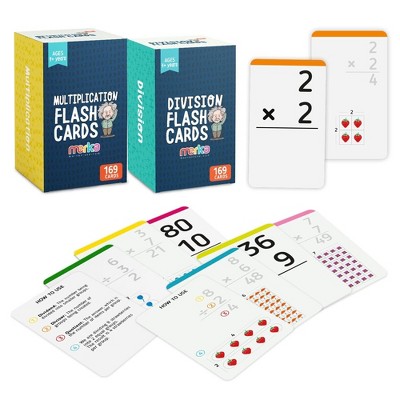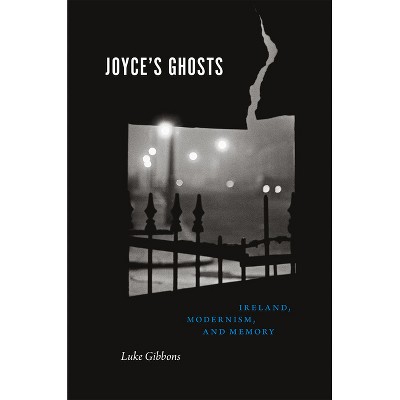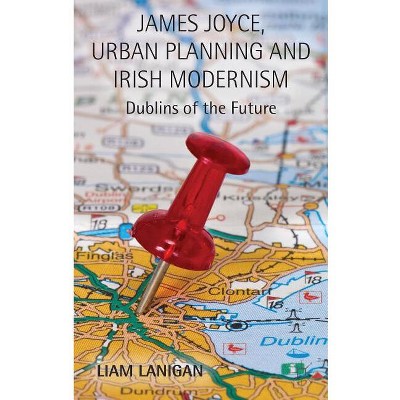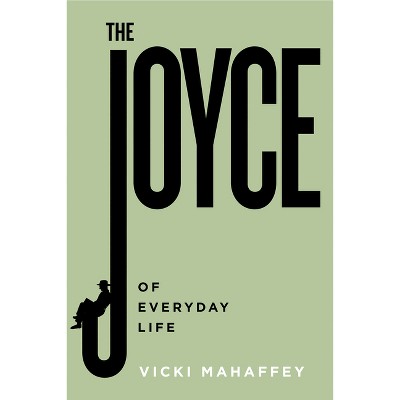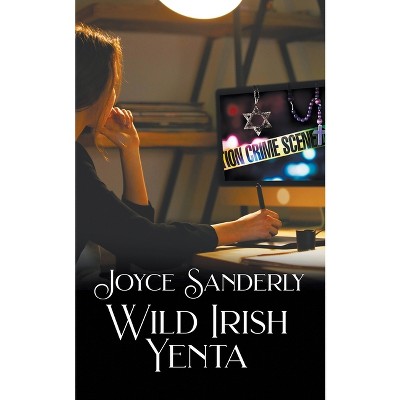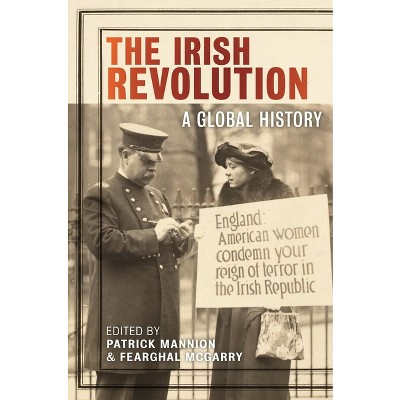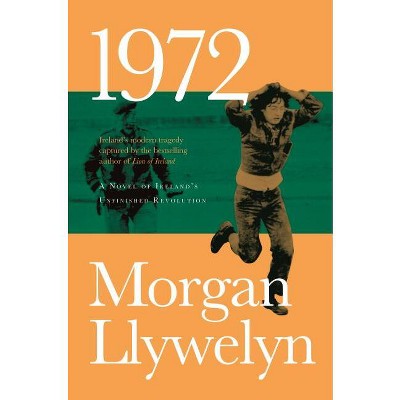Sponsored

James Joyce and the Irish Revolution - by Luke Gibbons (Paperback)
$35.00
In Stock
Eligible for registries and wish lists
Sponsored
About this item
Highlights
- A provocative history of Ulysses and the Easter Rising as harbingers of decolonization.
- Author(s): Luke Gibbons
- 304 Pages
- Literary Criticism, European
Description
About the Book
"2022 is the centenary both of the founding of the Irish State and the publication of James Joyce's Ulysses. In this book, which describes a more radical edge than previous treatments of Joyce, Luke Gibbons counters much of the Joyce and modernism scholarship, while challenging popular historical accounts of events from 1913 to 1923. He takes up two, widely held notions: first, that Joyce and his writerly contemporaries were set apart from events in Ireland of the period, especially during the writing of Ulysses; and second, that Joyce was not appreciated in his native Ireland at the time, and only came to widespread notice as he was embraced by non-Irish critics much later in the century (during the 1980s and 90s). In contrast, Gibbons here shows multiple points of intersection between the modernist avant-garde and figures and events in the Irish Revolution. As Gibbons suggests, the Ireland of Joyce and Ulysses was the same culture that produced the Easter Rising and the Irish Revolution. How is it, he asks, that societies "not yet modern" are able to produce breakthrough works in modernism? Gibbons here redefines the Easter Rising as a modern event, not a belated, resurgent mythic gesture of a bygone Romantic Ireland. By reconceiving the revolution as modern, not as the revival of Celtic pride, as earlier studies claim, Gibbons is able to connect Joyce to other, forward-facing projects, to Yeats's radically conceived Abbey theater, for example, or the Victorian Gael of Standish O'Grady and the insular Catholic nationalism movement. He also places Joyce in a wider modernist community of artists and thinkers, including Bertolt Brecht, Ernst Bloch, Alfred Dèoblin, and Hermann Broch, and beyond Europe to writers in America, among them, F. Scott Fitzgerald, Marianne Moore, H. L. Mencken, W. E. B. Du Bois, and Claude MacKay. Thus Gibbons recasts what has gone before in a new, unexpected light, placing Ulysses and the Irish Revolution, not at the end of a process or an Irish "renaissance," but at the beginning of global decolonization, a new way of understanding Irish history at the turn of the century, and Joyce in the context of world literature. The book will be read-and contested-by scholars of modern Irish history and the development of modernism across the arts"--Book Synopsis
A provocative history of Ulysses and the Easter Rising as harbingers of decolonization. When revolutionaries seized Dublin during the 1916 Easter Rising, they looked back to unrequited pasts to point the way toward radical futures--transforming the Celtic Twilight into the electric light of modern Dublin in James Joyce's Ulysses. For Luke Gibbons, the short-lived rebellion converted the Irish renaissance into the beginning of a global decolonial movement. James Joyce and the Irish Revolution maps connections between modernists and radicals, tracing not only Joyce's projection of Ireland onto the world stage, but also how revolutionary leaders like Ernie O'Malley turned to Ulysses to make sense of their shattered worlds. Coinciding with the centenary of both Ulysses and Irish independence, this book challenges received narratives about the rebellion and the novel that left Ireland changed, changed utterly.Review Quotes
"James Joyce and the Irish Revolution accomplishes three interwoven objectives: it reshapes our understanding of the Easter Rising and its importance to global decolonisation movements; it expands our understanding of Joyce's influence on a generation of Irish revolutionaries; and it productively argues for the alliance of revolutionary tactics with modernist formal experimentation. . . . Erudite and expansive, Luke Gibbons' James Joyce and the Irish Revolution is essential reading for cultural critics, historians, and Joyceans looking to understand the complex interrelationship of Joyce's modernism and Ireland's anticolonial struggle."-- "Irish Studies Review"
"[A] fascinating and well-researched study . . . James Joyce and The Irish Revolution should find an eager readership among students and scholars of Joyce criticism, literary modernism, Irish history and Irish studies."-- "Irish Literary Supplement"
"[Gibbons] is out to demolish the image of Joyce as a non-political aesthete seeing his literary experiments as fueled by much the same energies that unseated British rule in its oldest colony. . . . James Joyce and the Irish Revolution is an exceptionally erudite work . . . a courageous intervention as well as a finely perceptive one."--Terry Eagleton "New Left Review"
"The interest key figures in the Rising and the subsequent War of Independence (1919-21) showed in Joyce's work and its revolutionary potential is . . . compelling. For example, Gibbons shines a light on the Irish revolutionary leader Ernie O'Malley, who devoted considerable attention to Joyce . . . [Gibbons's] case is unassailable. Political radicalism and radical art call one another to arms."-- "Times Literary Supplement"
"This book is a ground-breaking and original addition to the decade of centenaries. Luke Gibbons' familiarity with the 'underworld' figures of the anti-Treatyites and supporters, who understood Ulysses because of their lived experience, extends our understanding of the more commonly reported Free Staters' refusal of Ulysses, mainly on moral censorship grounds. Replete with a superb index and 56 pages of exemplary footnotes, a study in themselves, it is a generous book. It is a work that manages to yoke modernist literary expression with a broad array of transnational political effects."-- "Australasian Journal of Irish Studies"
"One of Ireland's most profound if idiosyncratic cultural critics, Luke Gibbons, seeks to bring these two revolutions into the same framework in his important new work, James Joyce and the Irish Revolution: The Easter Rising as Modern Event. Through a series of engrossing vignettes drawn from a wide array of contemporary sources, he positions Joyce's 'revolution of the word' under the light emitted by the 1916 Easter Rising and sets out to 'reclaim what was radical in the Irish revolution for a modernist project akin to that of Joyce's.'"-- "Jacobin"
"This is a study deserving of an audience beyond the confines of Irish literary criticism. Underscoring the electrifying analysis is the hard evidence of patient scholarship and profound insight that makes this book one of the most original interventions to appear during the Decade of Centenaries."-- "History Ireland"
"The Easter Rising, far from being consigned to nostalgia, is seen as a catalyst for global processes of decolonization . . . [Gibbons's] tracing of connections and influences--real, virtual, and suggestive--between revolution in the street and in the word results in richly layered and sometimes erudite chapters that repay close reading . . [and] open up many fascinating paths."-- "Irish Times"
"An important development in the understanding of the Irish relationship to Joyce's work - and of his relationship to his native country. . . . For this superb, transformative undertaking the author deserves our gratitude."-- "Dublin Review of Books"
"Gibbons examines how the aesthetic innovations in James Joyce's Ulysses reflect the political turmoil of Ireland's 1916 Easter Rising and subsequent War of Independence . . . with some eye-opening insights."-- "Publishers Weekly"
"Gibbons may well be Ireland's most brilliant literary and cultural critic: a distinctive voice and a decisive eye. Here, as always, Gibbons's commentary ebbs around observed details with a verve worthy of Benjamin, as he makes clear not only that Joyce's work was revolutionary but also that it was recognized as such by some of the revolutionaries themselves. This is an immensely rich and suggestive work, an instant classic of Irish literary criticism."--Enda Duffy, University of California, Santa Barbara
"In this pioneering investigation, Gibbons has convincingly reinterpreted the Easter Rising as a global and modernizing event. His Joycean cast of characters--artists, freedom fighters, and a surprising number who were both--highlights the cultural aspects of the 1916 Rising in a new modernist and international vein."--Mary E. Daly, University College Dublin
"This book positively bristles with intelligence and erudition. Gibbons reads Ulysses and the Easter Rising as compelling instances of an alliance between political radicalism and formal/technical innovation. At the same time, he decisively rewrites our understanding of Ulysses's reception history, demonstrating that many of Joyce's first interpreters saw his literary experiments as direct engagements with Ireland's turbulent political history."--Marjorie Howes, Boston College
Dimensions (Overall): 9.0 Inches (H) x 6.0 Inches (W) x .76 Inches (D)
Weight: 1.1 Pounds
Suggested Age: 22 Years and Up
Number of Pages: 304
Genre: Literary Criticism
Sub-Genre: European
Publisher: University of Chicago Press
Theme: English, Irish, Scottish, Welsh
Format: Paperback
Author: Luke Gibbons
Language: English
Street Date: May 8, 2023
TCIN: 1006099404
UPC: 9780226824475
Item Number (DPCI): 247-47-6275
Origin: Made in the USA or Imported
If the item details aren’t accurate or complete, we want to know about it.
Shipping details
Estimated ship dimensions: 0.76 inches length x 6 inches width x 9 inches height
Estimated ship weight: 1.1 pounds
We regret that this item cannot be shipped to PO Boxes.
This item cannot be shipped to the following locations: American Samoa (see also separate entry under AS), Guam (see also separate entry under GU), Northern Mariana Islands, Puerto Rico (see also separate entry under PR), United States Minor Outlying Islands, Virgin Islands, U.S., APO/FPO
Return details
This item can be returned to any Target store or Target.com.
This item must be returned within 90 days of the date it was purchased in store, shipped, delivered by a Shipt shopper, or made ready for pickup.
See the return policy for complete information.
Trending Book Deals

Highly rated
$19.00
reg $20.98 Sale
Buy 1, get 1 50% off select books & accessories
5 out of 5 stars with 9 ratings



